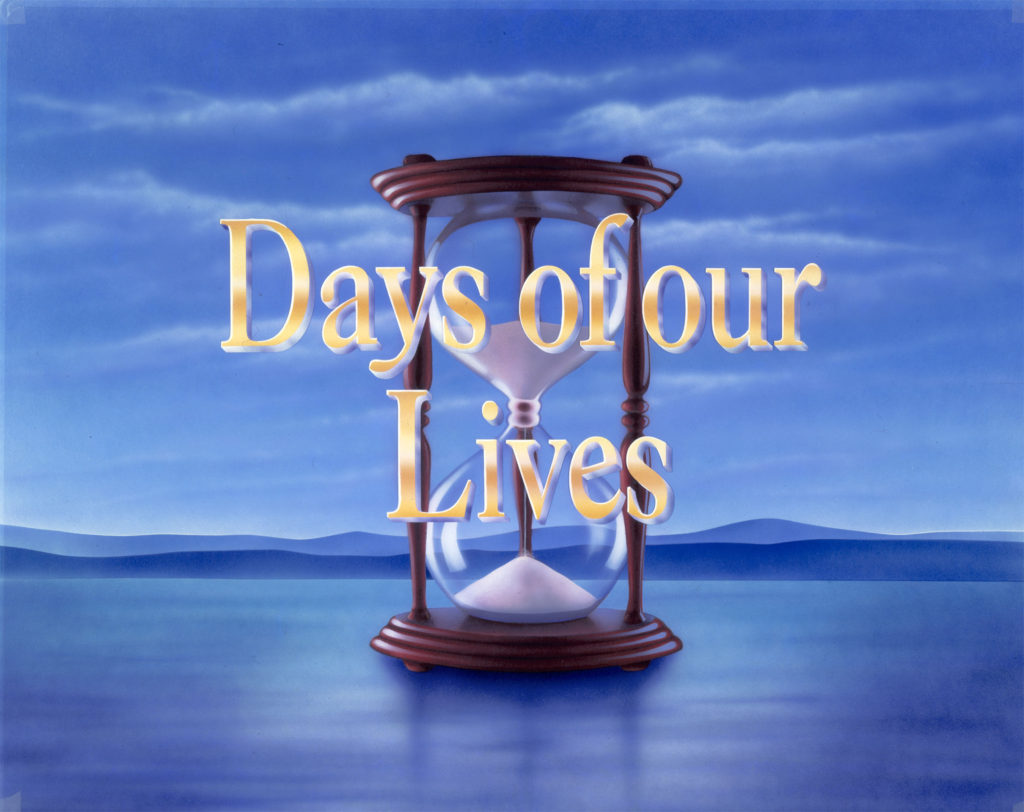Potter's Field, Israel. The place where Judas hanged himself.
Most Christians are familiar with Judas’ story. We know him as a traitor, a cheat and a thief. The Bible has plenty of evidence for those conclusions. But, was it his fault? Today, as we read John 13, I get stuck on three words from verse 27, “Satan entered him.” As I read it, the thought of Satan entering chills my bones. I begin to worry that Satan, at any moment, can take over my heart and mind. That he can control my actions as he did with Judas. Does it work that way? Are we susceptible to catastrophic failure at any given moment of the day? To answer those questions, we need to look closer at Judas’ life.
Surely, like you and me, Judas’ choice to follow Jesus was pure. He saw in Jesus what we all see. Love, joy, hope and peace. Also like us, as Judas followed Jesus, he was confronted with his old self. Judas’ old makeup was filled with greed and love of money. That life is marked with continuously cultivating thoughts of wealth and prosperity. As an apostle, he must have found himself continuously at odds with those desires. At some point, the frustration is too great. He must choose one or the other. How does he choose? The same way we do. Whichever desire gets more attention wins.
The Bible is clear that the desires we feed will produce results. In fact, James 1:14-15 says that, “temptation comes from our own desires, which entice us and drag us away. These desires give birth to sinful actions. And when sin is allowed to grow, it gives birth to death.” Sounds like Judas, doesn’t it?
Imagine Judas sitting at home, alone one evening, relaxing by the fire, contemplating his life. His thoughts drift to the wealthy people. He ponders what their lives are like. He adores their clothing, their homes, maybe even their chariots. But, he doesn’t have any of that. How can he get it? As he lies down in bed he’s still thinking of the possibilities of having money. Oh, how it could change his life and how much better he could be.
The next day, Judas hasn’t shaken the thought. He begins to think more and more about what he could have. He must have it! Judas begins to craft a solution in his head. ‘How can I get the money?’ As he evaluates his skills and resources, he has an idea. He could sell out Jesus. I imagine him immediately dismissing the thought as he remembers why he follows Jesus. But, every time he is alone, he ponders how to live a bigger life. The thought of selling out Jesus returns. This time, it’s not so easily dismissed. He begins to ask it questions like “how would it happen,” and “what is the next step.” Over time, the thought is large enough to be carried with him. Everyday, he’s returning to it, considering it, even strategizing it. Just like us, once we have considered it long enough, an opportunity will present itself. For Judas, he finds a special opportunity while talking to the chief priest. “What will you give me if I deliver him over to you?” (Matthew 26:15). And that was it. The response given by the chief priest encouraged and empowered him. He could see victory. Now, he just needed the right time.
Even though Judas’ mind was resolved and his heart now hardened against Jesus, he must have questioned the decision. I see him sitting with Jesus and the disciple’s at the Passover table. He’s floundering and filled with anxiety. Is this the time? Little did Judas know that the decision was no longer his. He had been surrendering the choice to Satan little by little for the last several weeks. The thing that was once just a thought had been cultivated in his heart and it had control. His floundering was not an obstacle for Satan. He is crafty. He knows exactly how to finish him. It happens in verse 27. I imagine that Satan, watching Judas take the bread, uses Jesus’ words to provoke the malice and hatred he had been cultivating. Now, rushing in all at once, Judas was fully won. He went “into the night.” Death was near.
What do you ponder when you are alone? What is the thing that has your attention? Is it Holy? Imagine yourself in possession of the thing that you most want, is it drawing you nearer to Jesus?



 Go therefore and make disciples of all nations, baptizing them in the name of the Father and of the Son and of the Holy Spirit, teaching them to observe all that I have commanded you. Matthew 28:19-20 (ESV)
Go therefore and make disciples of all nations, baptizing them in the name of the Father and of the Son and of the Holy Spirit, teaching them to observe all that I have commanded you. Matthew 28:19-20 (ESV)


